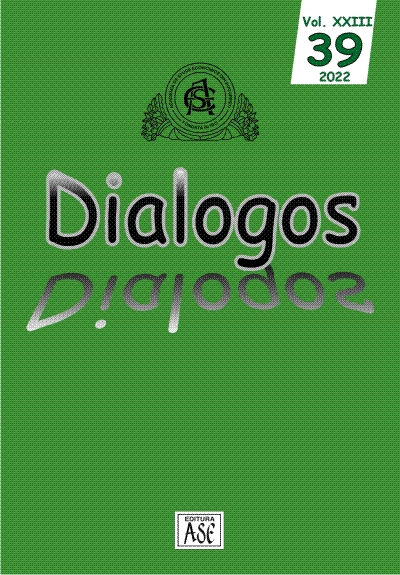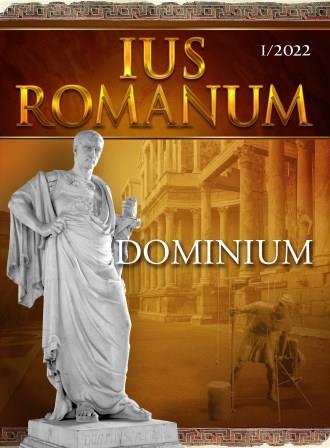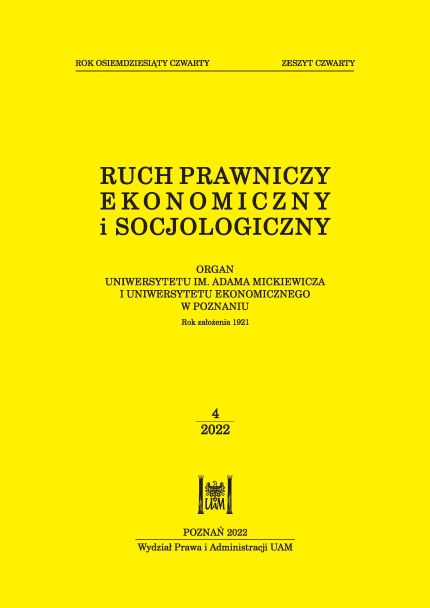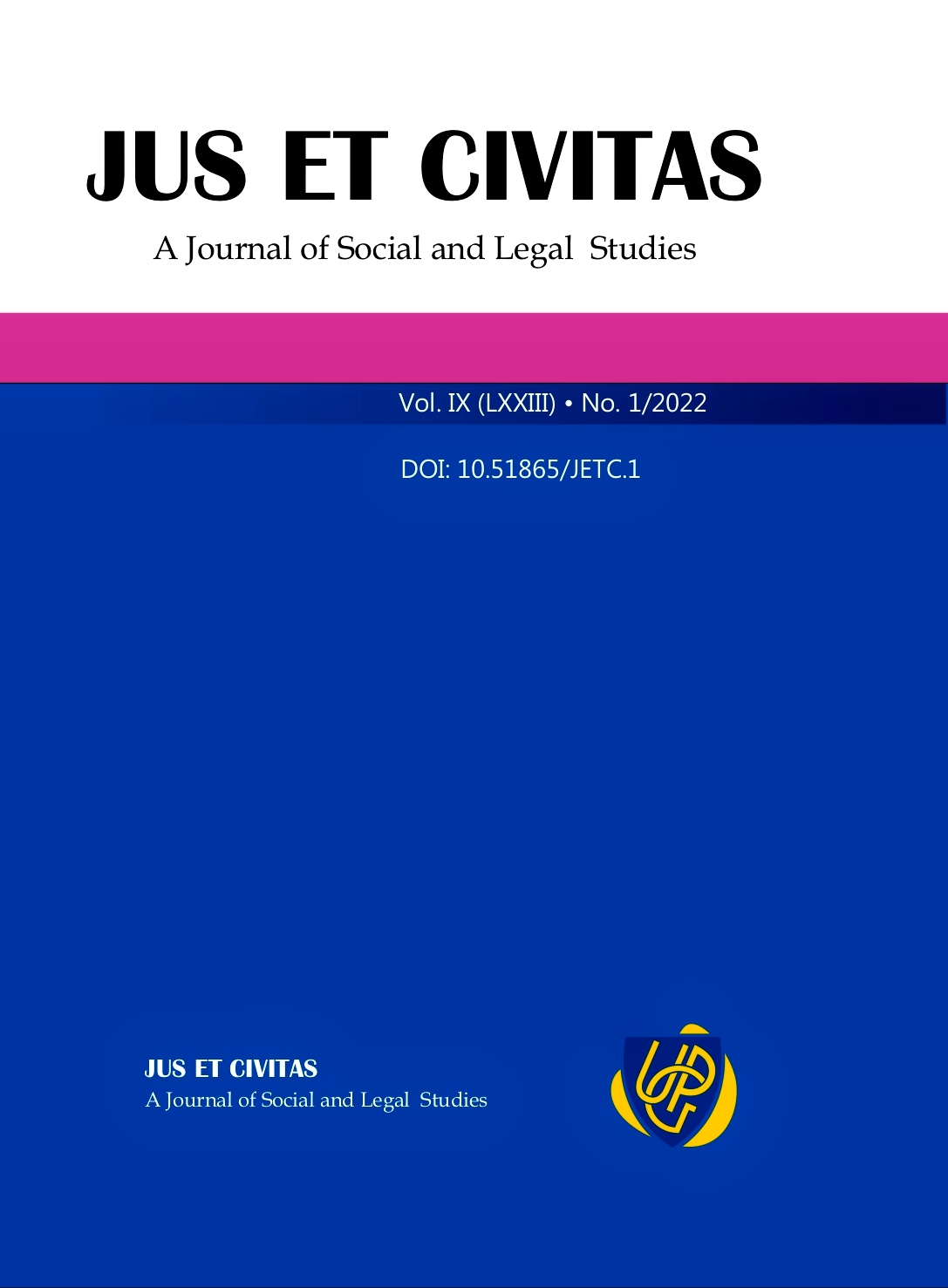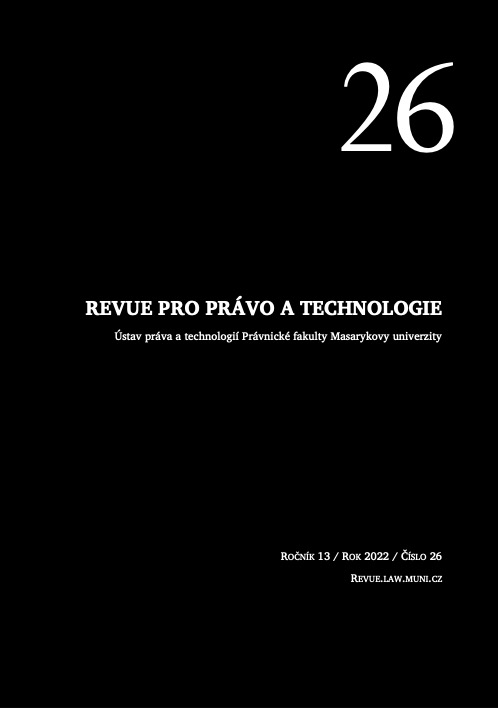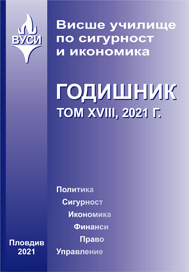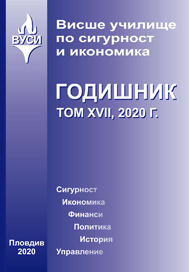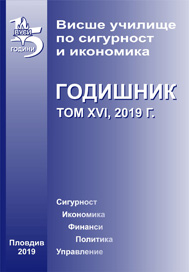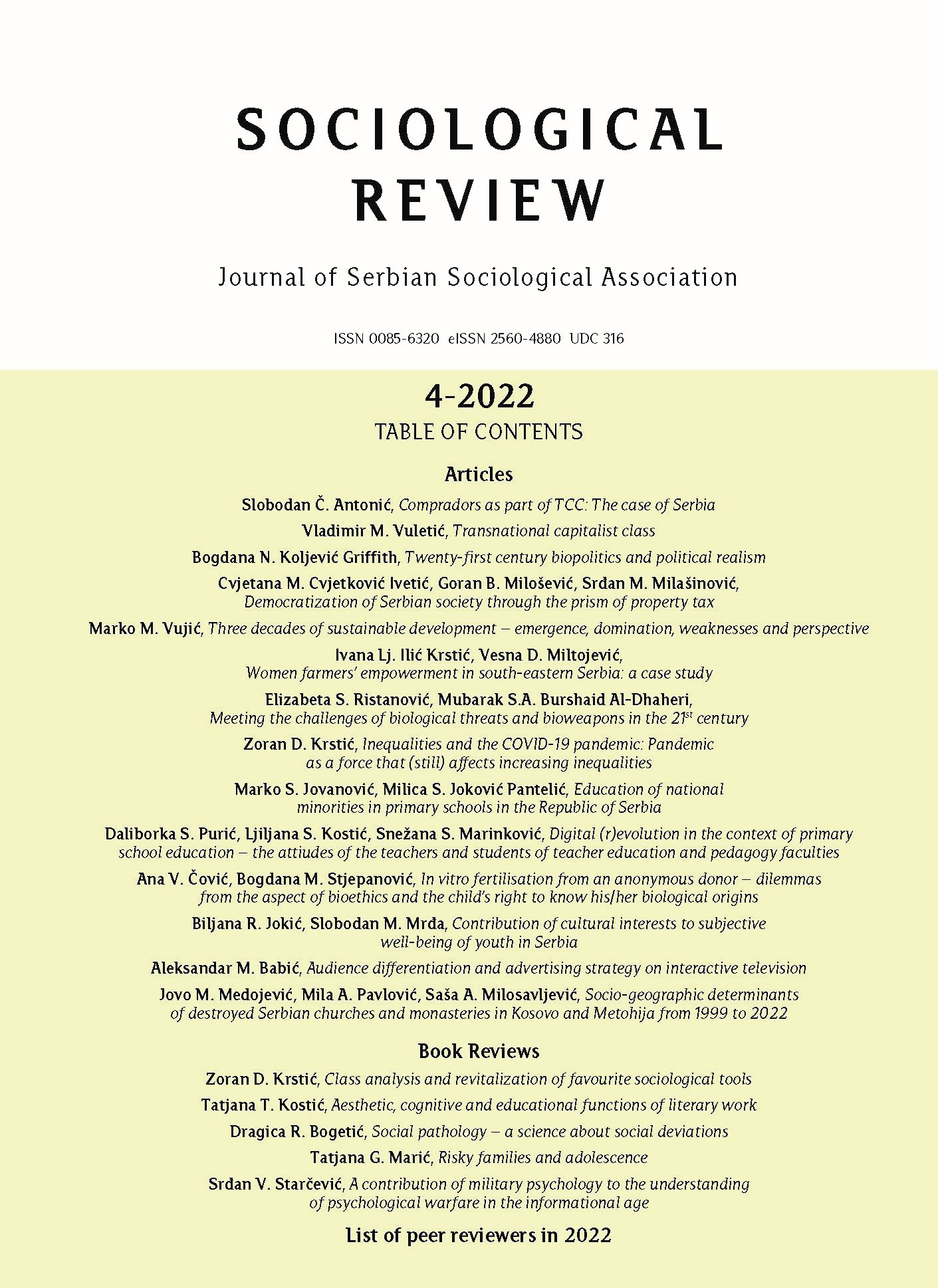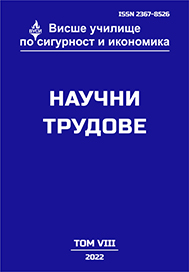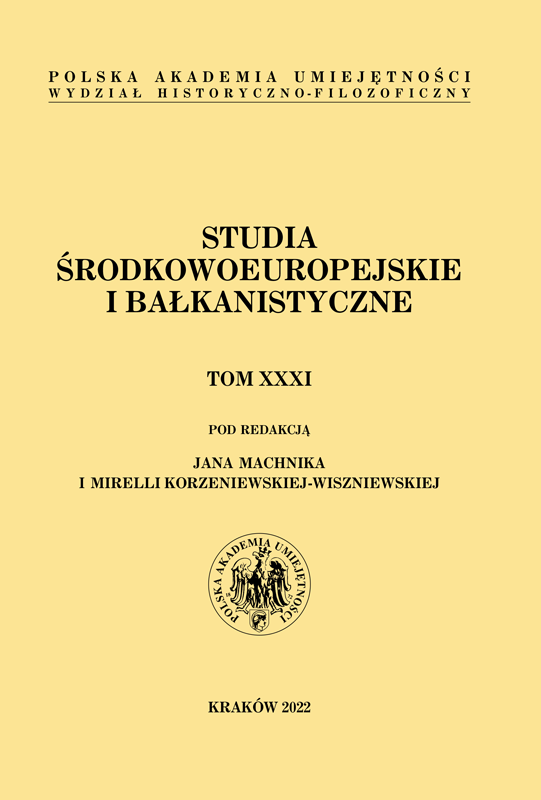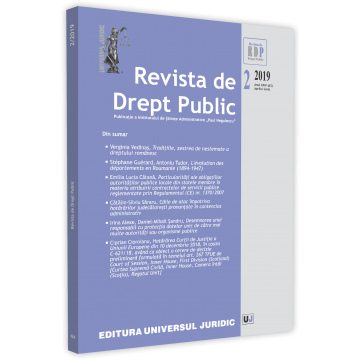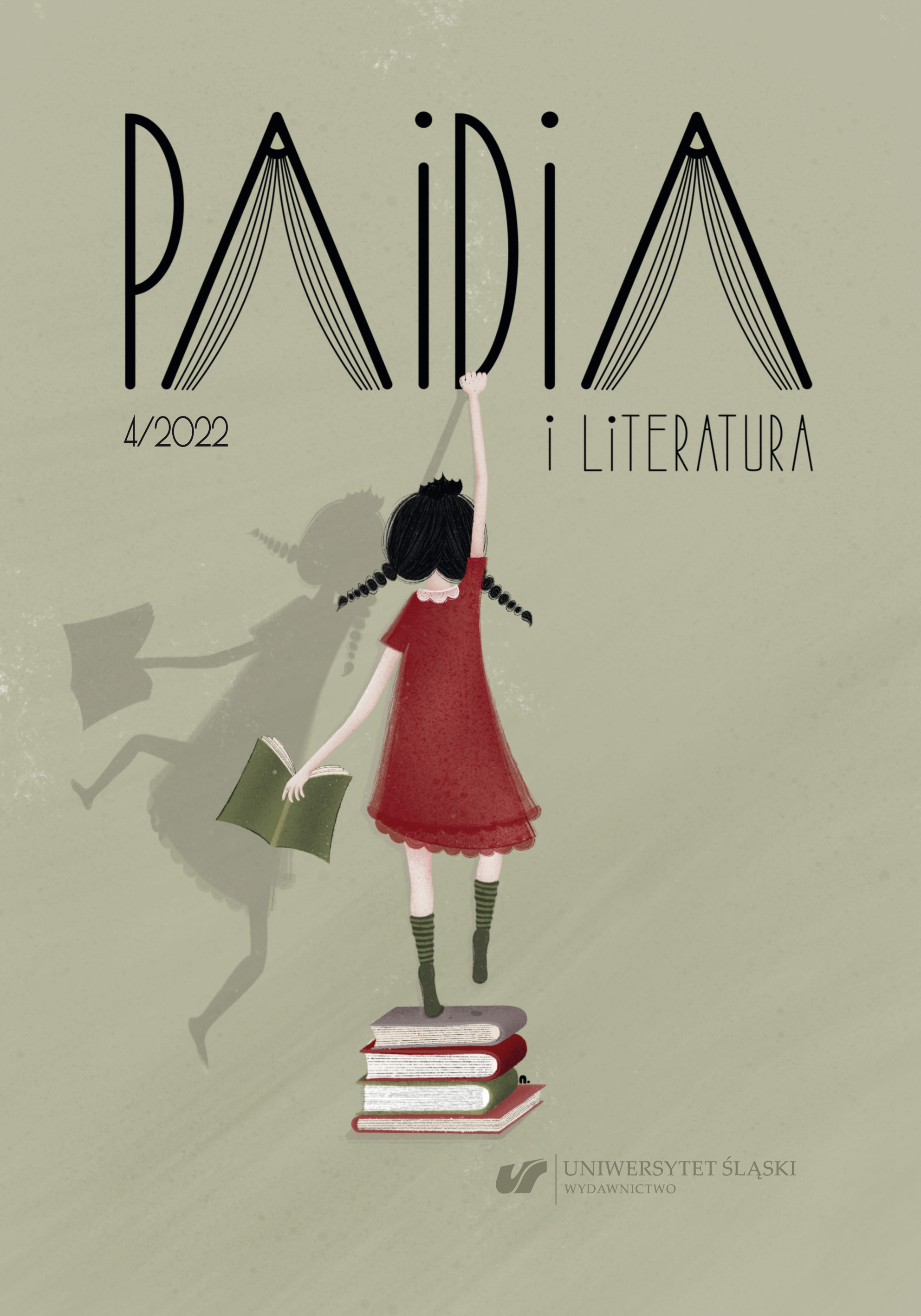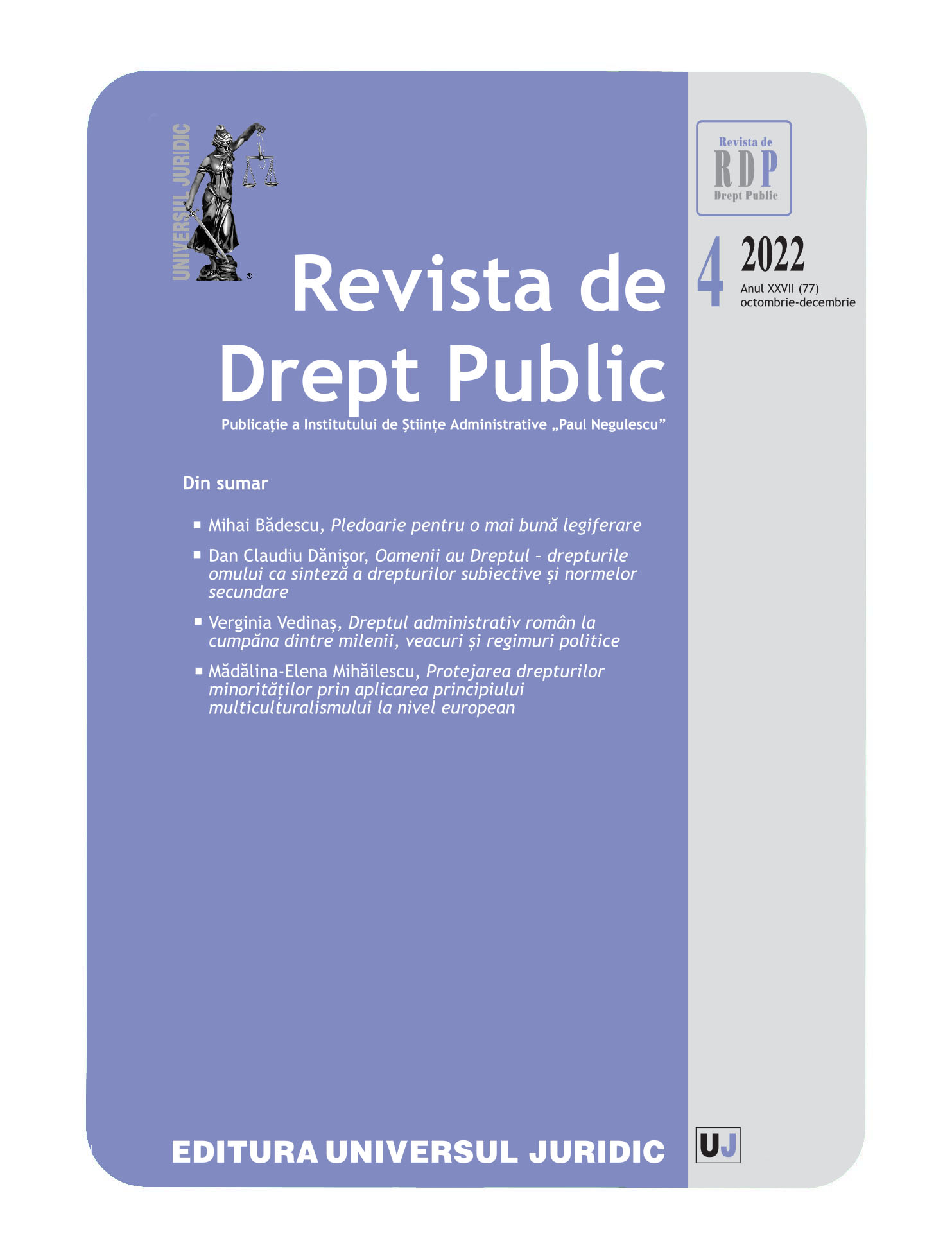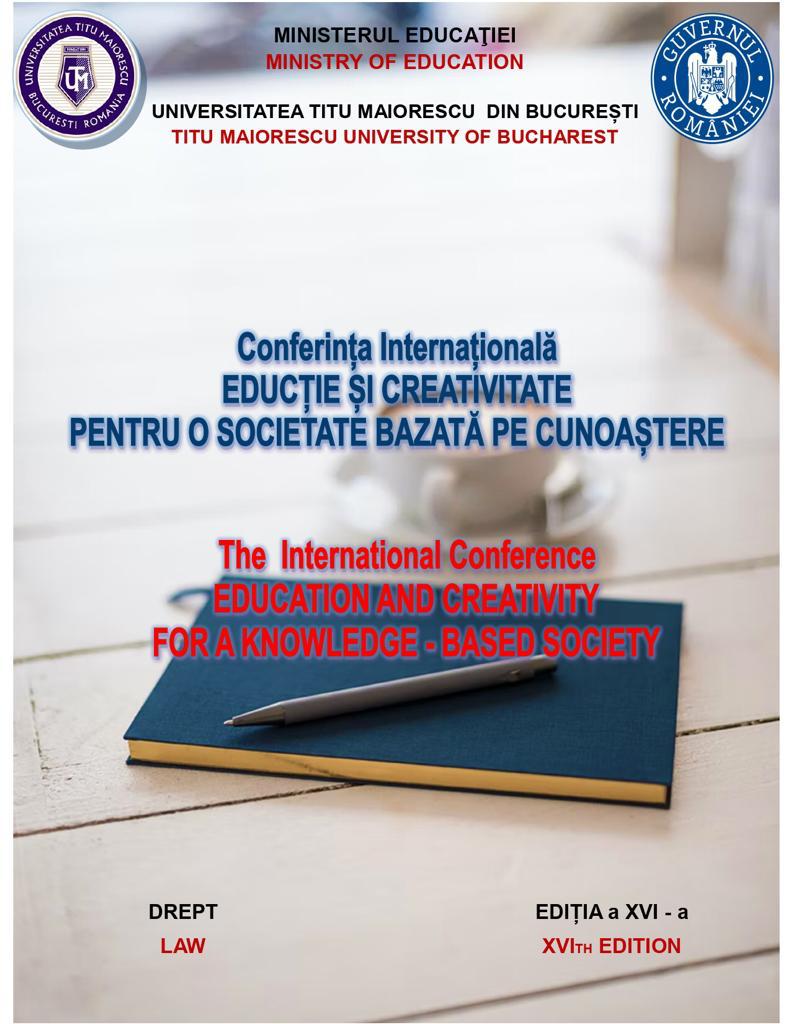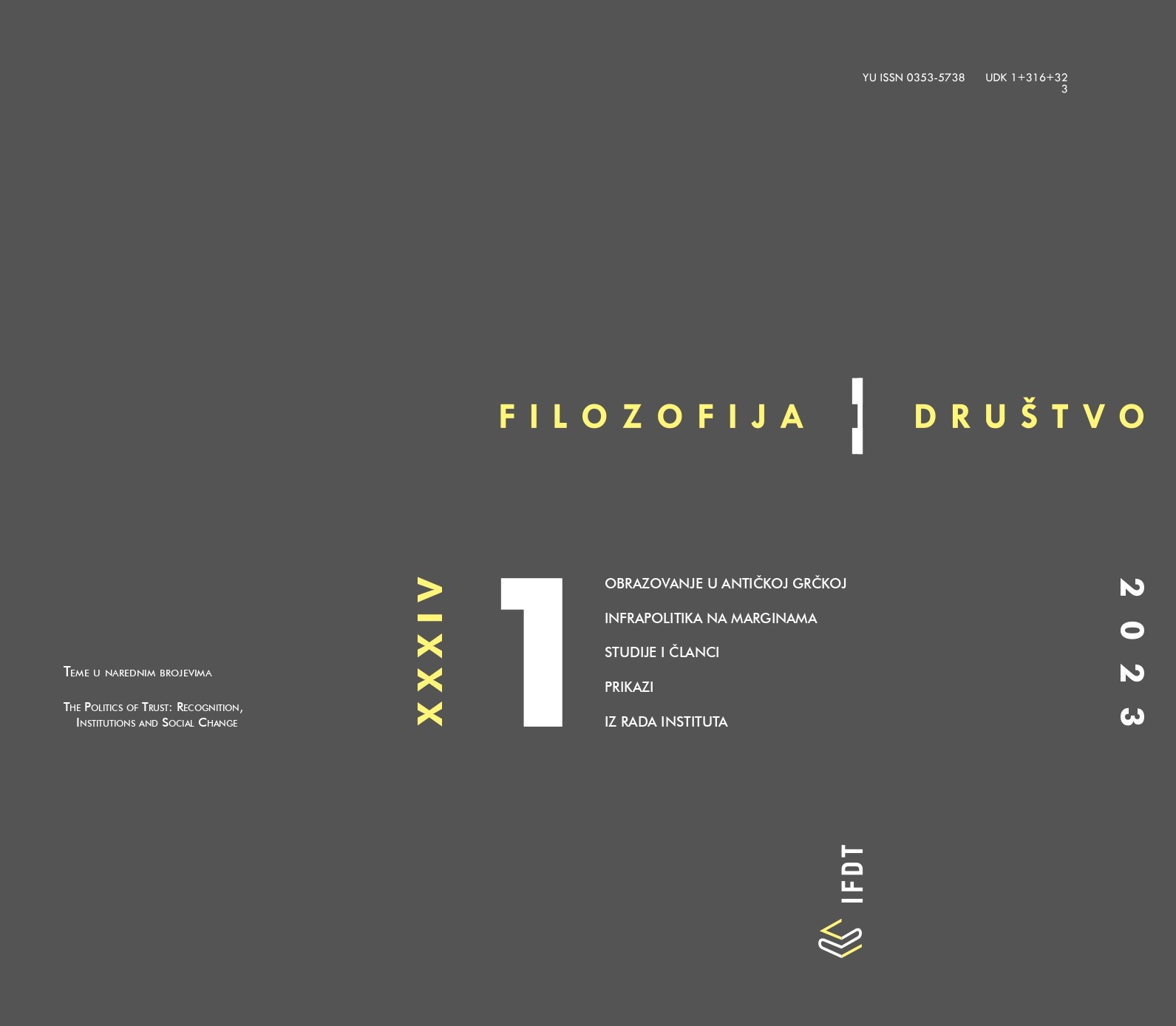Author(s): Ana Čović,Bogdana Stjepanović / Language(s): English,Serbian
Issue: 4/2022
In recent decades, we have witnessed significant changes in the field of family law and a changed social reality, which brought with it changes in legal regulations in international law and comparative legislation of various countries. When discussing the issues that concern human life, death, health, and in this relation the abuse of certain medical devices and treatments, it appears that the issues that give rise to the strongest controversy are the issues of euthanasia and abortion, the issue of organ donation, as well as the issues of surrogacy and in vitro fertilisation, especially in situations when the donor is anonymous. In this situation, the question of the child’s right to know his/her biological origins may reasonably be raised, since this is one of his/her fundamental, guaranteed rights, the exercise of which does not depend, and can never depend, on the willingness of the state, i.e., its authorities, and individuals who participate in the birth of a child with the use of reproductive technologies. The question is raised as to whether the right to plan a family and the right to decide freely on having a child in these situations are in complete contrast with the right of the child to have access to the truth about his/her biological origins and biological parents, regardless of primary motivation for making decision on the participation in this process, this process also acquiring over time some elements of genetic engineering, and the result of which is a living being with conscience, emotional, social, and psychological needs, but also all the rights that derive from natural law, given by God, which exists independently of the legislator, that can govern any matter in a way that at a certain time (does not) correspond to a wider social consensus. The authors will present in this paper an overview of certain comparative legal solutions in this area, as well as court rulings that call into question the legality and ethics of the procedures implemented so far, as well as their consequences that we are still to face in the years to come, with the aim of establishing whether the right to decide freely on having a child in these cases and the child’s right to know his/her biological origins are in complete contrast or whether these two rights may be reconciled after all.
More...
